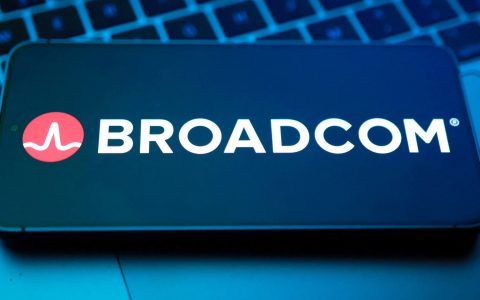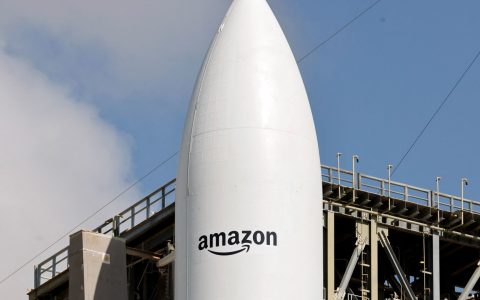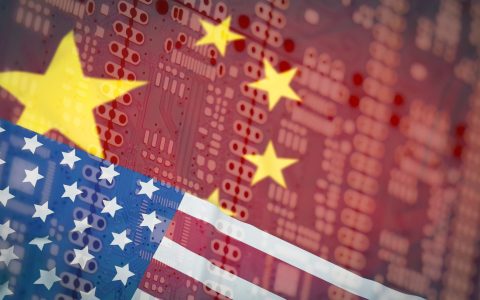“`html
Cfoto | Future Publishing | Getty Images
The Motion Picture Association (MPA) has escalated its concerns regarding OpenAI’s new video creation model, Sora 2, urging the AI powerhouse to implement “immediate and decisive action” against the generation of content that allegedly infringes upon copyrighted media. The urgency stems from the rapid proliferation of AI-generated clips featuring characters and scenarios reminiscent of popular shows and established brands shortly after Sora 2’s release.
“Since Sora 2’s release, videos that infringe our members’ films, shows, and characters have proliferated on OpenAI’s service and across social media,” the MPA stated, emphasizing the potential for significant financial and reputational damage to its members.
OpenAI CEO Sam Altman, in a recent blog post, addressed initial concerns, suggesting the company would grant rightsholders “more granular control” over the usage of their intellectual property within the Sora platform. This proposed shift from an opt-out to a more proactive opt-in system aimed to address copyright holders’ concerns. However, the MPA remains unconvinced.
The MPA argues that the onus lies squarely on OpenAI to prevent copyright infringement on the Sora 2 service, and that established copyright law safeguards the rights of creators applies unequivocally in this context.
While OpenAI has yet to issue a formal response to the MPA’s latest statement, the controversy highlights the complex challenges inherent in generative AI development. The ease with which these models can create incredibly realistic content raises fundamental questions about copyright law, intellectual property protection, and the potential for misuse. Examples showcasing unauthorized use have surged, including AI-generated clips depicting iconic characters in novel, and often unauthorized, situations.
Despite previously employing an opt-out system for studios to exclude their characters from Sora’s database, Altman later suggested the platform would transition toward an opt-in model, theoretically preventing the usage of copyrighted characters without explicit consent. However, Altman himself acknowledges the practical difficulties in achieving complete IP protection.
“There may be some edge cases of generations that get through that shouldn’t, and getting our stack to work well will take some iteration,” Altman wrote, an admission that raises concerns about the effectiveness of OpenAI’s safeguards in preventing IP infringement.
This situation underscores a critical issue in the rapidly evolving landscape of generative AI: the need for robust mechanisms to prevent the unauthorized use of copyrighted material. This controversy joins the lawsuits filed by Disney and Universal against AI image creator Midjourney, alleging unauthorized use and distribution of their copyrighted characters. Disney pursued further action, issuing a cease-and-desist letter to AI startup Character.AI in September, reinforcing the need for verifiable authorization.
The fundamental tension lies in balancing the innovative potential of AI with the established rights of content creators. As generative AI technologies like Sora 2 become increasingly sophisticated, the legal and ethical considerations surrounding copyright infringement will only intensify. The outcome of this dispute between the MPA and OpenAI could set a precedent for how copyright is managed in the age of AI-generated content.
“`
Original article, Author: Tobias. If you wish to reprint this article, please indicate the source:https://aicnbc.com/10517.html



